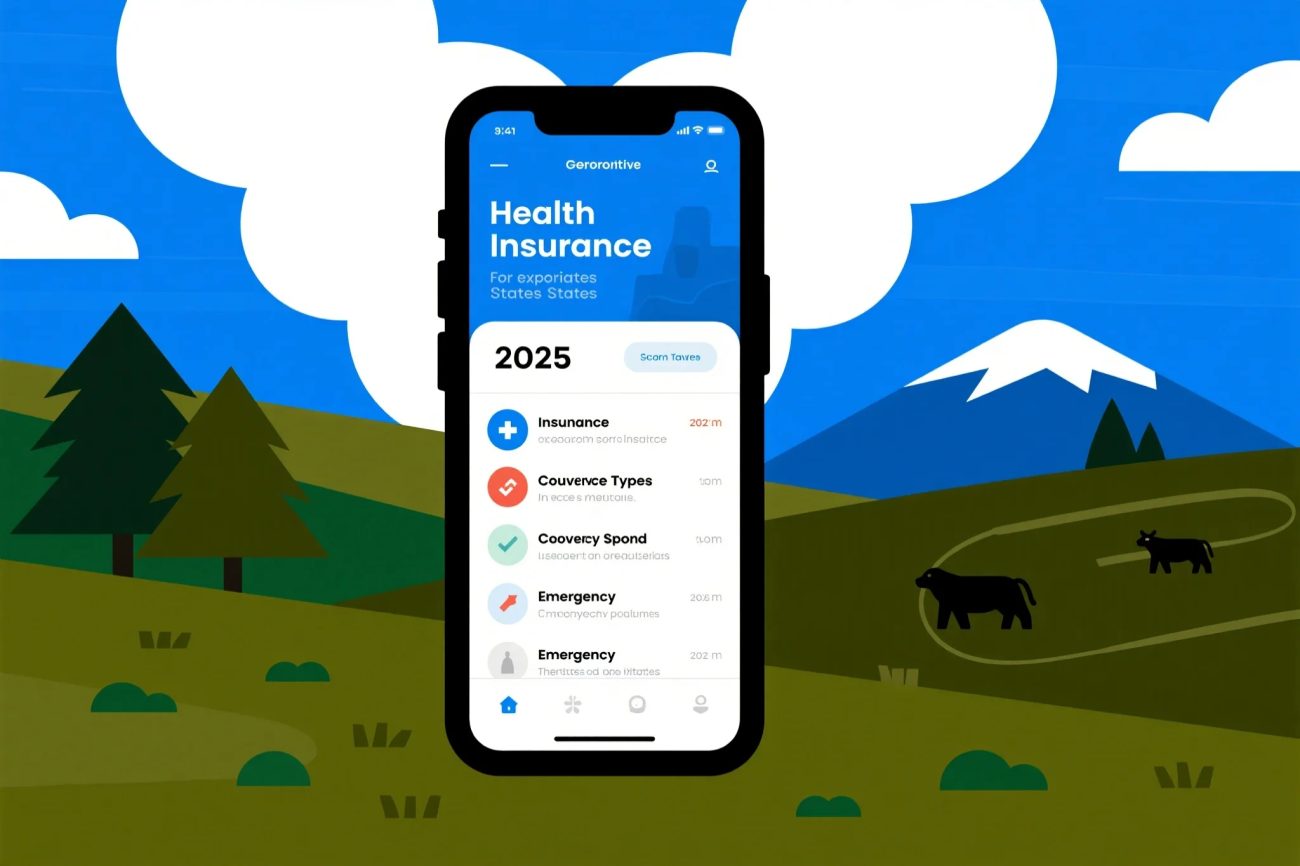Navigating the U.S. Health Insurance System as an Expat
For expatriates living in the United States, understanding expat health insurance USA options
is crucial for accessing quality healthcare while avoiding financial hardship. The U.S. healthcare system differs significantly from those in other developed nations, with its complex mix of private insurers, government programs, and out-of-pocket costs. In 2025, expats must consider several key factors when selecting coverage, including network adequacy, prescription benefits, and emergency care provisions.Many expats find that comprehensive private health insurance for self-employed plans offer the most flexibility and coverage
options. These plans typically provide access to broader provider networks than travel insurance or limited expat policies. Understanding the nuances of deductibles, copayments, and coinsurance becomes particularly important when budgeting for healthcare expenses in a country where medical costs are significantly higher than global averages.Choosing Between PPO and Other Network Options
The flexibility of PPO insurance for individuals makes it particularly attractive for expats who value choice in healthcare providers. Unlike HMO plans that require referrals and limit coverage to network providers, PPO plans allow direct access to specialists and partial coverage for out-of-network care. This proves invaluable for expats who may need to consult providers in different states or maintain relationships with specialists from their home countries.
When evaluating PPO insurance for individuals options, expats should carefully review the provider directories to ensure adequate coverage in their area of residence. Many expats prioritize plans that include internationally trained physicians or multilingual staff to overcome language barriers. The 2025 insurance market offers more tools than ever to verify provider availability and quality metrics before enrollment.
Protecting Against Long-Term Health Risks
While addressing immediate healthcare needs through expat health insurance USA solutions, wise expats also consider long term disability insurance USA options. These policies provide income replacement if illness or injury prevents work for extended periods—a critical safeguard given that most expats don't qualify for U.S. Social Security disability benefits. The combination of health and disability coverage creates comprehensive protection against medical and financial risks.
Self-employed expats and digital nomads should pay particular attention to long term disability insurance USA policies that don't require employer sponsorship. Many insurers now offer portable individual policies with occupation-specific underwriting that better reflects the risks of freelance or remote work. These products have evolved significantly in 2025 to meet the needs of today's mobile workforce.
Critical Illness Coverage for Expats
Obtaining a critical illness insurance quote should be part of every expat's health insurance evaluation process. These policies pay lump-sum benefits upon diagnosis of specified conditions, providing funds that can cover treatment costs, travel expenses for returning home, or lifestyle adjustments during recovery. Unlike traditional health insurance that pays providers directly, critical illness benefits go to the policyholder to use as needed.
In 2025, critical illness insurance quote options include more flexible products tailored to expat needs. Some policies now cover conditions prevalent in specific regions or offer international portability—features particularly valuable for those who may relocate again. The lump-sum nature of these benefits provides a financial cushion that can be especially important when navigating healthcare systems in a foreign country.

Special Considerations for Self-Employed Expats
Freelancers, entrepreneurs, and other self-employed expats face unique challenges when securing private health insurance for self-employed coverage. Without employer-sponsored plans, they must navigate the individual market where costs can be higher but tax deductions may be available. The 2025 insurance landscape offers more options than ever for independent workers, including association plans and professional group coverage that provide better rates and benefits.
When comparing private health insurance for self-employed options, expats should evaluate plan stability as well as cost. Some insurers specialize in short-term coverage that may not be renewable if health status changes, while others offer guaranteed renewable policies that provide long-term security. Understanding these differences helps ensure continuous coverage throughout an expat assignment or residency.
Coordinating U.S. and Home Country Coverage
Many expats maintain some form of health insurance in their home countries while also purchasing expat health insurance USA policies. Understanding how these coverages interact prevents gaps and unnecessary duplication. Some insurers offer international coordination of benefits, while others require policyholders to navigate claims between systems. The complexity increases when considering whether home country coverage meets U.S. visa requirements for health insurance.
In 2025, more insurers provide seamless international claims processing and multilingual support to serve expat populations better. Some PPO insurance for individuals plans now include global networks that offer consistent standards of care across countries. These innovations help expats maintain continuity of care during international moves or extended visits home.
Planning for Healthcare Costs in Retirement
Expatriates considering long-term stays in the U.S. must factor healthcare into retirement planning. Medicare eligibility generally requires at least ten years of payroll tax contributions, leaving many expats reliant on private health insurance for self-employed solutions. The high cost of U.S. healthcare in retirement makes supplemental coverage like long term disability insurance USA and critical illness policies particularly important for financial security.
Some expats combine domestic U.S. coverage with international health plans that provide care in multiple countries. This approach offers flexibility for those who may split time between the U.S. and other nations in retirement. The 2025 market sees growing options for portable coverage that adapts to changing residency patterns and healthcare needs as expats age.
Emerging Trends in Expat Health Insurance
The expat health insurance USA market continues evolving to meet changing needs. Telemedicine services have expanded significantly, allowing expats to consult with specialists worldwide without travel. Many PPO insurance for individuals plans now include robust virtual care options that help overcome language barriers and provide access to culturally competent providers.
Wellness programs tailored to expats have also grown more sophisticated, helping policyholders maintain health through preventive care and lifestyle support. These services complement traditional coverage while reducing long-term risks that might trigger critical illness insurance quote claims. As the expat population grows more diverse, insurers continue developing products that address specific demographic needs and health concerns.
Making Informed Insurance Decisions
Choosing the right expat health insurance USA package requires careful evaluation of personal circumstances, risk tolerance, and financial resources. Expats should compare not just premiums but also coverage limits, exclusions, and claims processes. Working with brokers who specialize in international coverage can help navigate the complexities of the U.S. system while ensuring adequate protection against both routine and catastrophic medical expenses.
The combination of comprehensive medical insurance, long term disability insurance USA protection, and critical illness insurance quote coverage creates a robust safety net for expats. As healthcare costs continue rising and systems grow more complex, this multilayered approach provides both access to care and financial security—the foundation for a successful expat experience in the United States.
